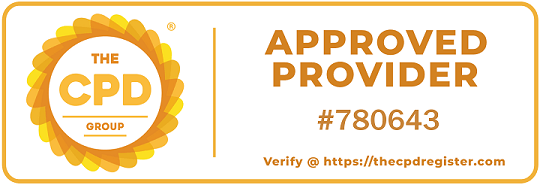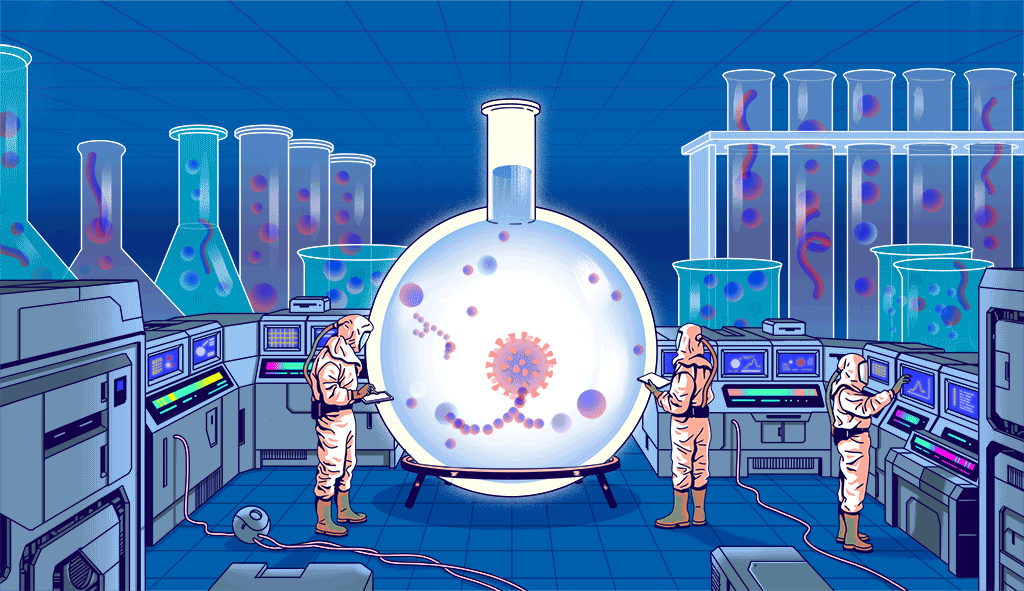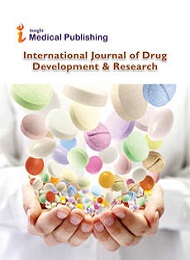AInex
Conferences are delighted to welcome the attendees from all around the world
for the hearing of the Premier recent Reserches in the field of pharmaceutical sciences, Drug Delivery and Nanomedicine in CPD Accredited the "International Conference on Advanced Research in Pharmaceutics, Nanomedicine & Drug Delivery Systems" to be held from November 09-10, 2026 In Dubai UAE.
This NanoDelivery 2026 revolves around the theme – “Frontiers in Advanced Drug Delivery and Nanomedicine: Harnessing AI for Precision Therapeutics”. The NanoDelivery 2026 will help the delegates by learning from mentors, experts, and other independent pharmacy owners who can motivate and encourage them, also boost the pharmacy knowledge by Networking & international linkage for future collaborations in their career path. Your presence will be much appreciated. The NanoDelivery 2026 aim an excellent opportunity for your company to demonstrate your latest technologies and services and to communicate with a very targeted audience of research in the continuously growing field of nanomedicine, Novel drug delivery systems, nanoparticles, Nanobiology, Nanotechnology Nanomedicine and Nanobiotechnology's, Biomedical Engineering, Vaccine Delivery, Drug Release Technology, Biotherapeutics technology, and related disciplines. This global meeting is a platform where you will have a chance to discuss, and access key benefits of the upcoming sustainable and highly innovative approach in pharmaceutical R&D. It is one of the highly recommended pharmaceutical conferences in the industry and has a lot to offer you. There will be several sessions at NanoDelivery 2026: right from Opinion Discussions, exhibitions, and networking with peers, to high-end conferences, and luncheons, Making it exceptionally worthwhile.
Key Reasons to Attend
1.
Global Networking Opportunities Meet leading
scientists, clinicians, researchers, and industry professionals from across the
world. Build collaborations that can accelerate your projects and open doors to
new markets.
2.
Latest Innovations in Drug Delivery Discover
breakthroughs in nanomedicine, targeted therapies, and next‑generation drug
delivery systems that are redefining patient care.
3.
Sustainability in Pharma Learn how the industry
is balancing health, environment, and society with sustainable practices—an
increasingly vital focus in global healthcare.
4.
Expert‑Led Sessions & Workshops Gain
insights from keynote speakers, panel discussions, and hands‑on workshops
designed to provide practical knowledge and strategic foresight.
5.
Career & Research Advancement Present your
work, receive feedback from peers, and explore publishing opportunities.
Conferences in Dubai often provide CME/CPD credits, adding professional value.

















-min.png)




















